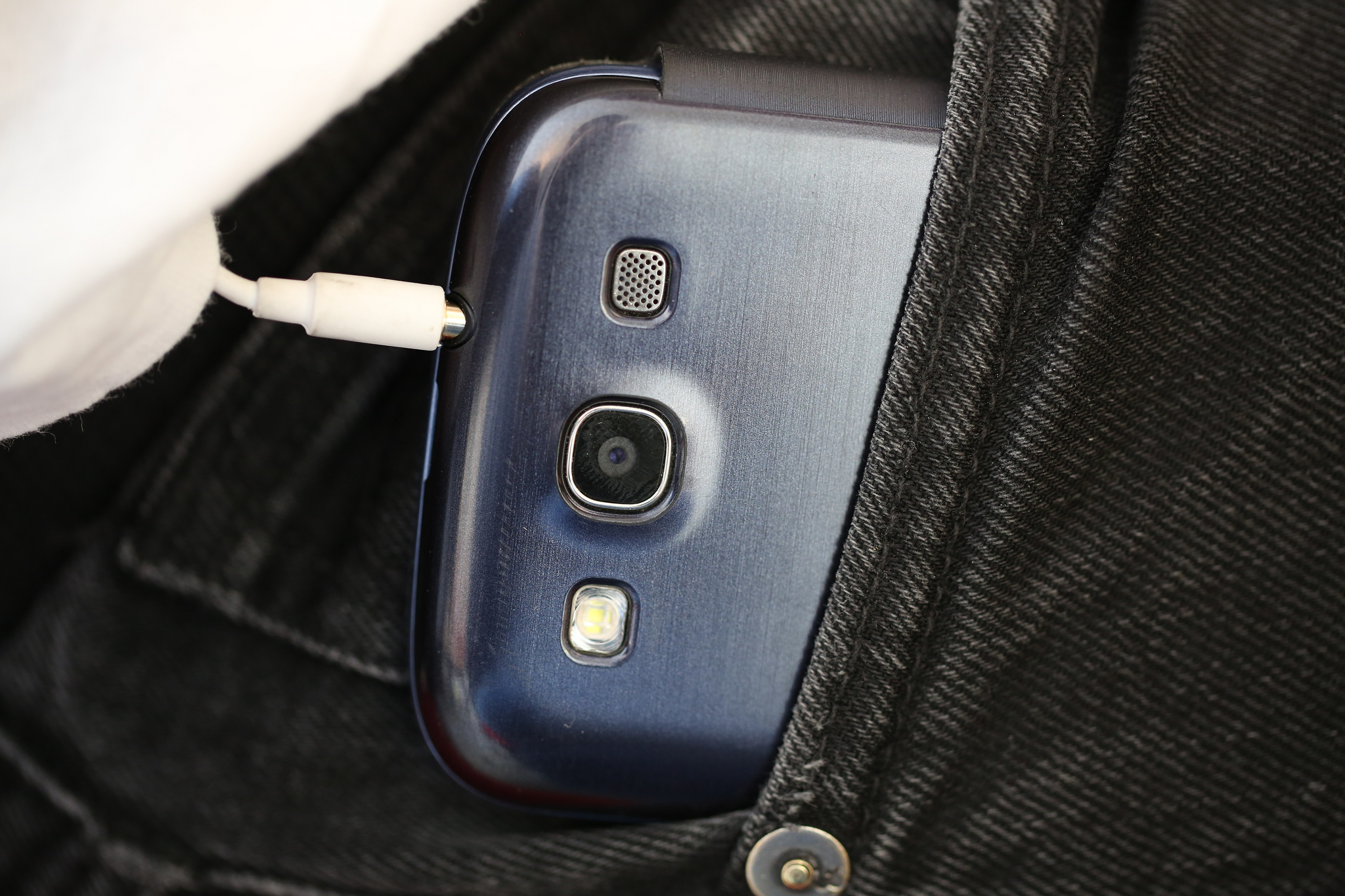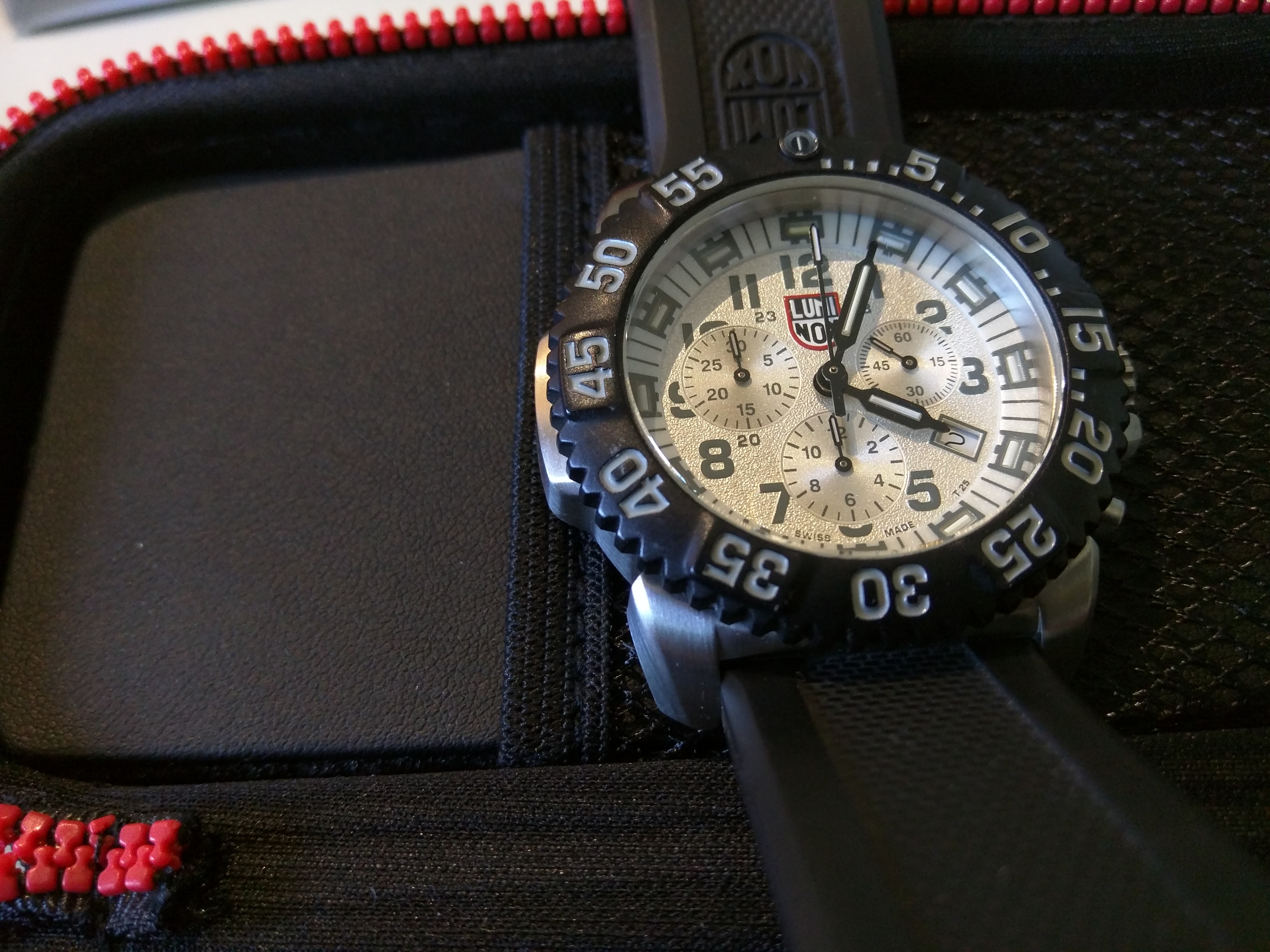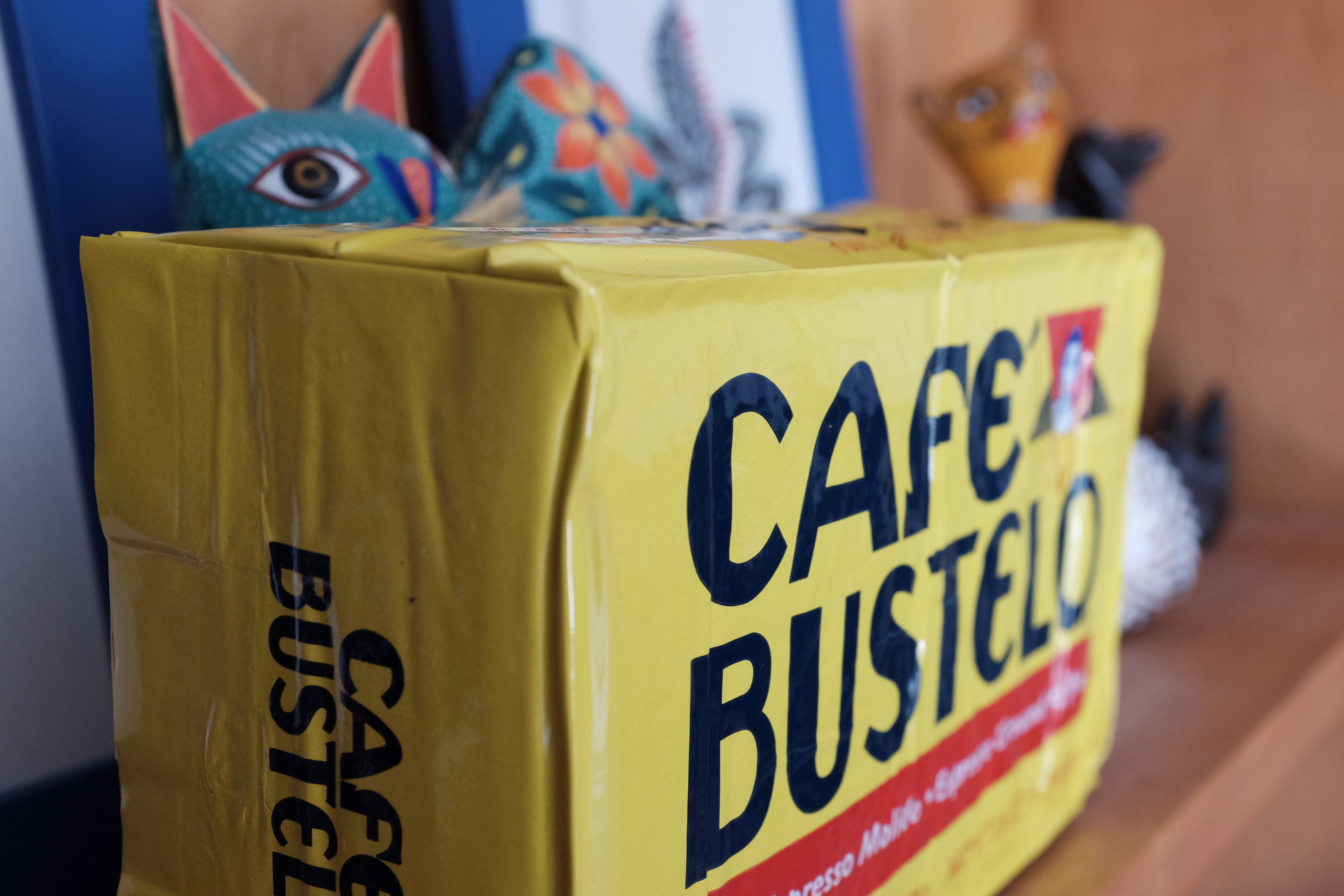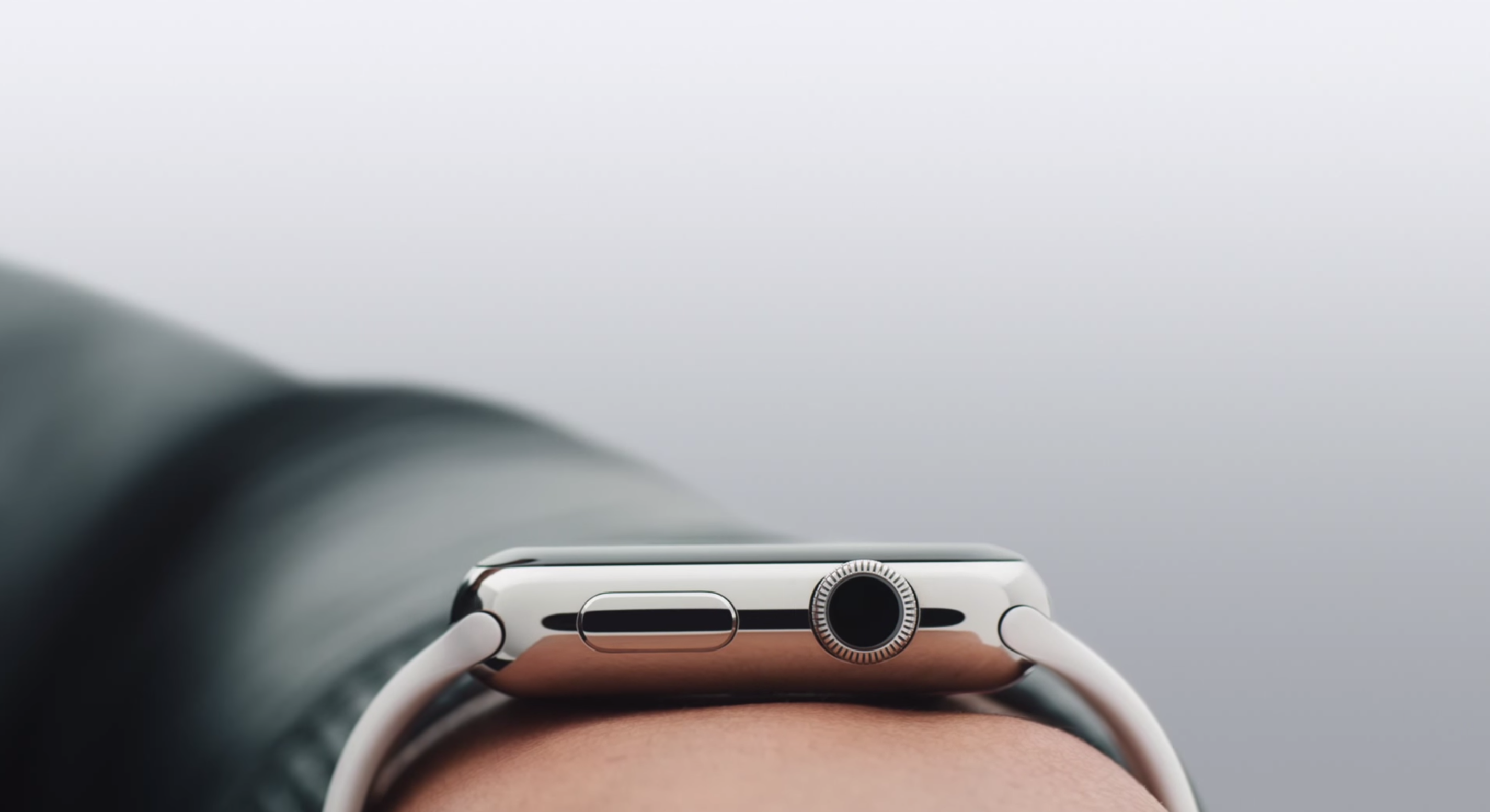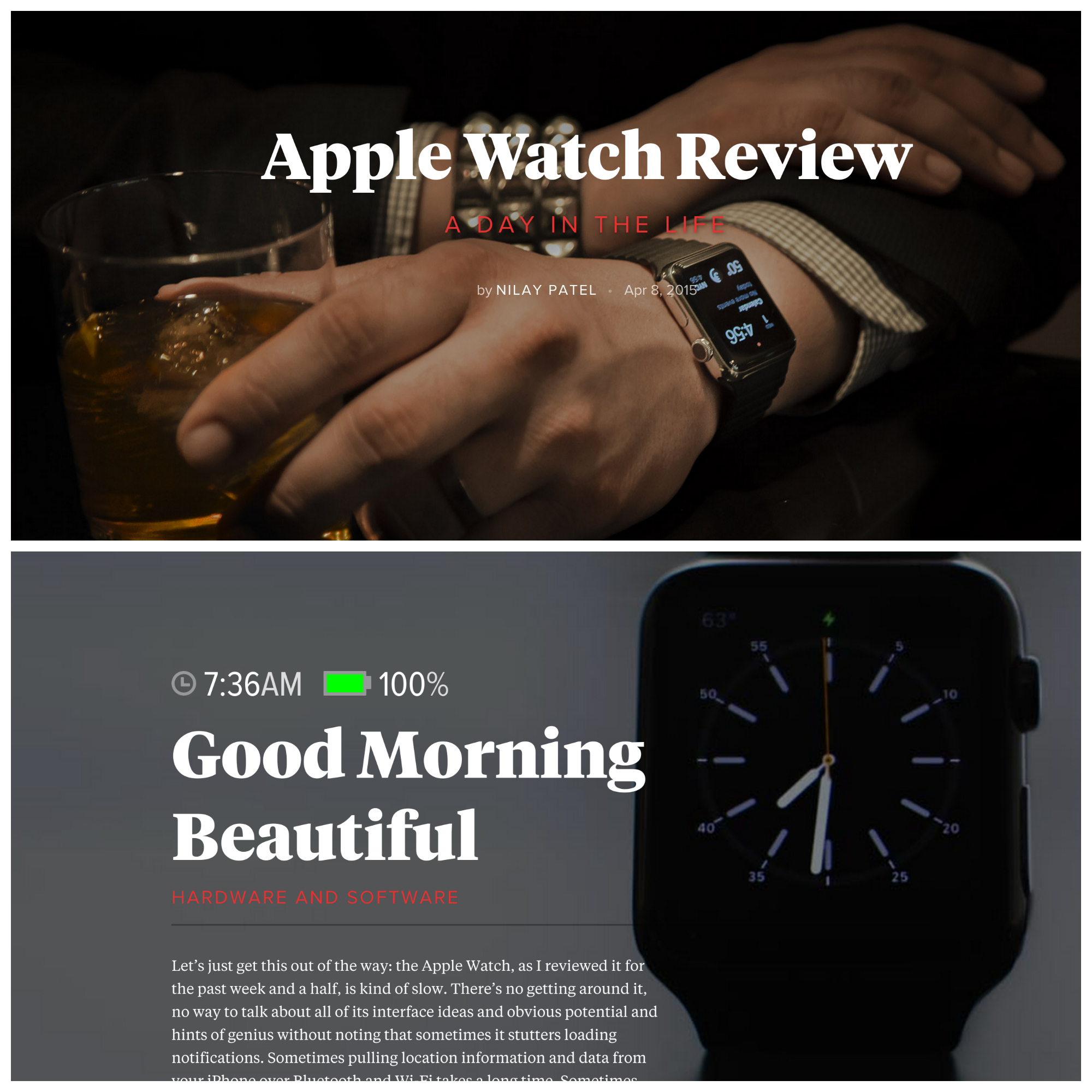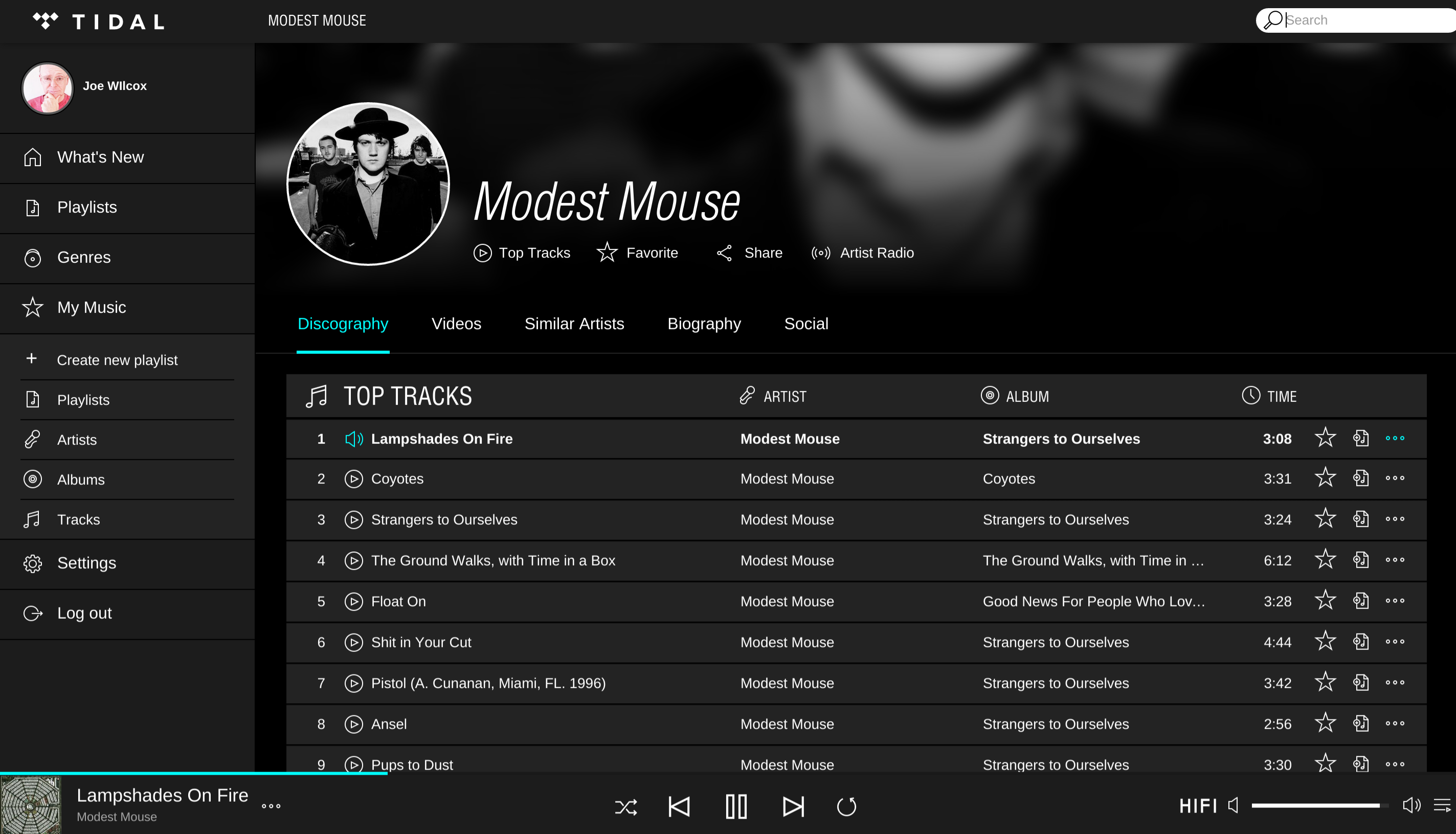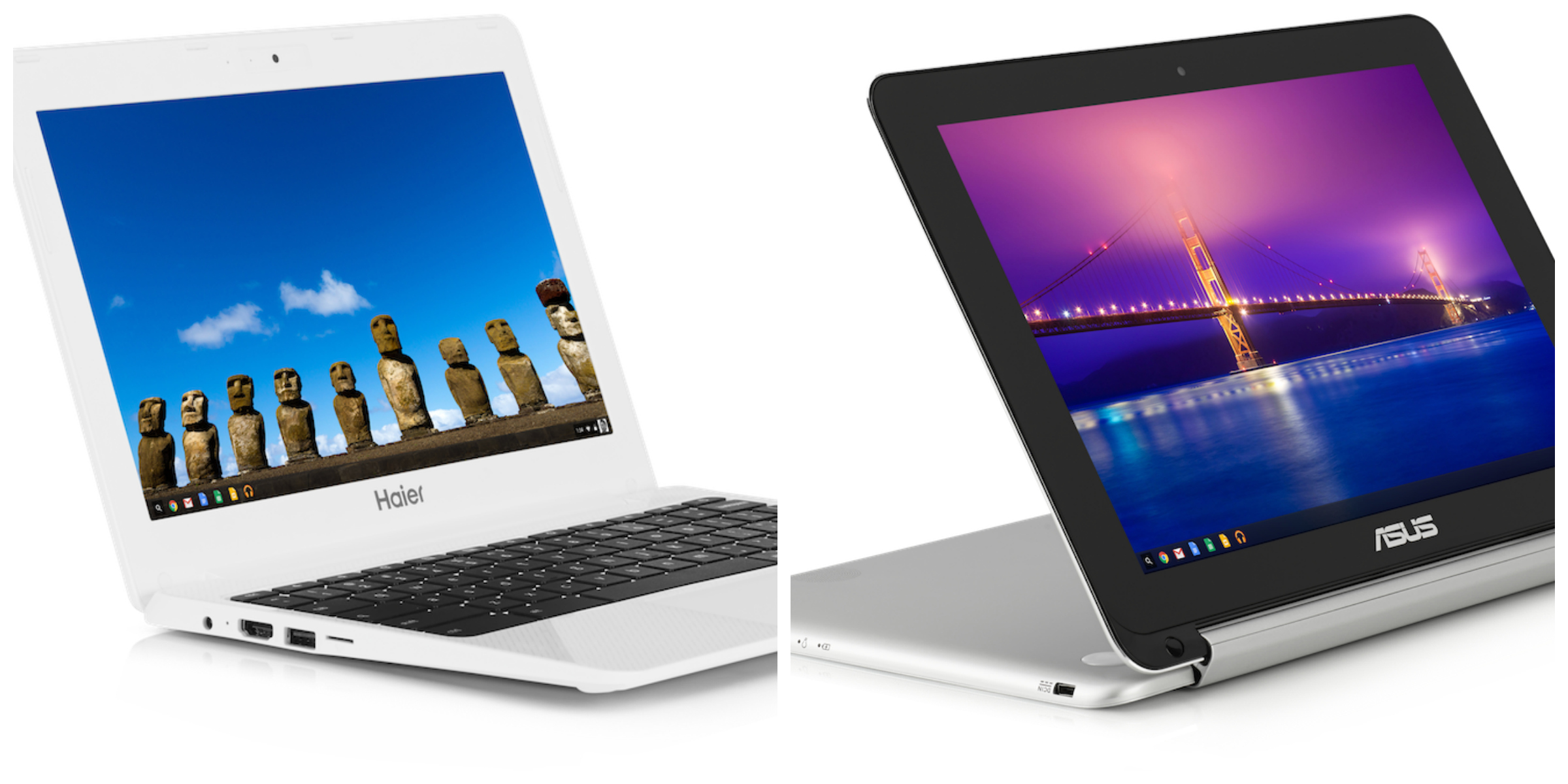I love my Nexus 6. This morning, while waking to the rush of caffeine from steaming coffee, I read headlines on the device. “I’m Phed Up With Phablets: They’re too big to prevail” caught my attention. The short commentary, by Brian Rubin for ReadWrite, rails against the bigger-is-better-smartphone trend. Screen on my cellular is massive: 6 inches, and I forever promised myself to never use a phone so large—until I did and converted. Much as I enjoy using the N6, for which I can still manage many operations one-handed, smaller would be my preference. Perhaps yours, too.
Big isn’t necessarily better and reverses a longstanding trend in the other direction. Does no one recall when using a smaller phone was chic? Consider the StarTAC, which was a huge hit for Motorola going into the late 1990s. I remember when seemingly everyone used one of the diminutive cell phones. Smaller was better—and if there was real innovation in mobile device design shrinking size would be again.
